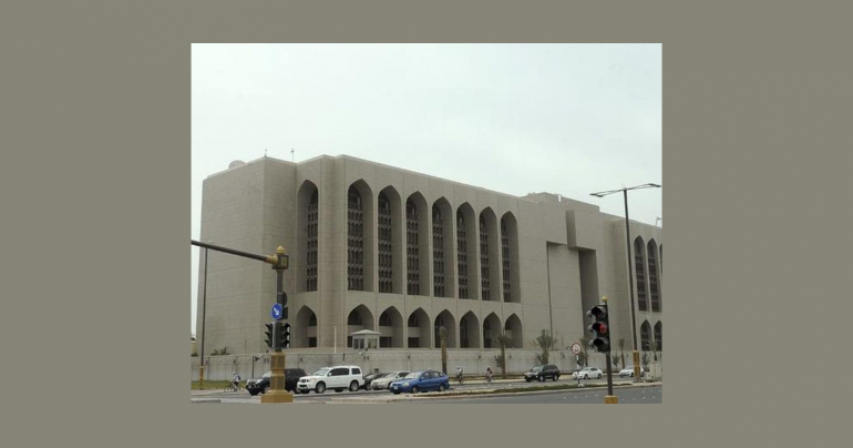UAE's Article 121 bis: Banking Challenges

The UAE's recent implementation of new federal consumer protection laws, particularly Article 121 bis, is causing a stir in the banking sector. These amendments aim to enhance responsible lending practices and reduce reliance on "name-only" lending by requiring banks to take "sufficient" security for loans to individuals and sole proprietors. Previously, personal guarantees were often the sole means of securing loans, but now, banks must adopt more robust security measures.
The rationale behind these changes is twofold. Firstly, the UAE banking sector seeks to promote responsible lending by ensuring that loans are backed by adequate security, rather than solely relying on the borrower's reputation. This shift aims to prevent situations where loans are extended based solely on the borrower's name, without adequate protection for the lender. Secondly, the amendments address the issue of undisclosed debts and personal guarantees, which have been problematic in the past.
However, the interpretation and application of Article 121 bis vary among Emirates, with Abu Dhabi taking a particularly broad approach. The judiciary in Abu Dhabi has applied the article retrospectively and extended its scope to include corporate loans, not just personal loans. This aggressive interpretation means that consumers in Abu Dhabi with debts backed by personal guarantees may now be relieved of their debt obligations, irrespective of when the loans were issued. This has significant implications for financial institutions operating in the UAE.
Under Article 121 bis, the execution court in Abu Dhabi has opted to cancel the enforcement of final judgments against customers, even for judgments that are two or three years old. Consequently, banks may no longer be able to collect on UAE-based assets for judgments previously considered enforceable. This development raises concerns among financial institutions and creditors that rely on these judgments to recover outstanding debts.
Financial institutions and investors holding a significant portion of non-performing loans may face challenges due to Article 121 bis, particularly for Abu Dhabi-based customers. The limitations on enforceability could undermine their recovery prospects and lead to financial losses. However, the impact on enforcement procedures in Dubai and other Emirates remains to be seen.
Despite these challenges, banks with final judgments should not be deterred from pursuing international enforcement efforts. Asset recovery specialists can assist banks in identifying hidden assets globally and building compelling cases for enforcement. These specialists have the expertise to navigate legal and regulatory hurdles effectively, increasing the chances of successful recovery.
In conclusion, the introduction of Article 121 bis has posed challenges for investors and banks in the UAE. While it aims to enhance responsible lending practices, its broad interpretation in Abu Dhabi has raised concerns about enforcement and recovery prospects. Nonetheless, with the assistance of asset recovery specialists, banks can mitigate these challenges and pursue successful recovery efforts internationally.
By: Sahiba Suri





Comments